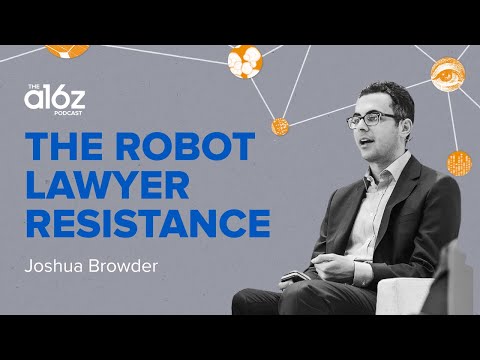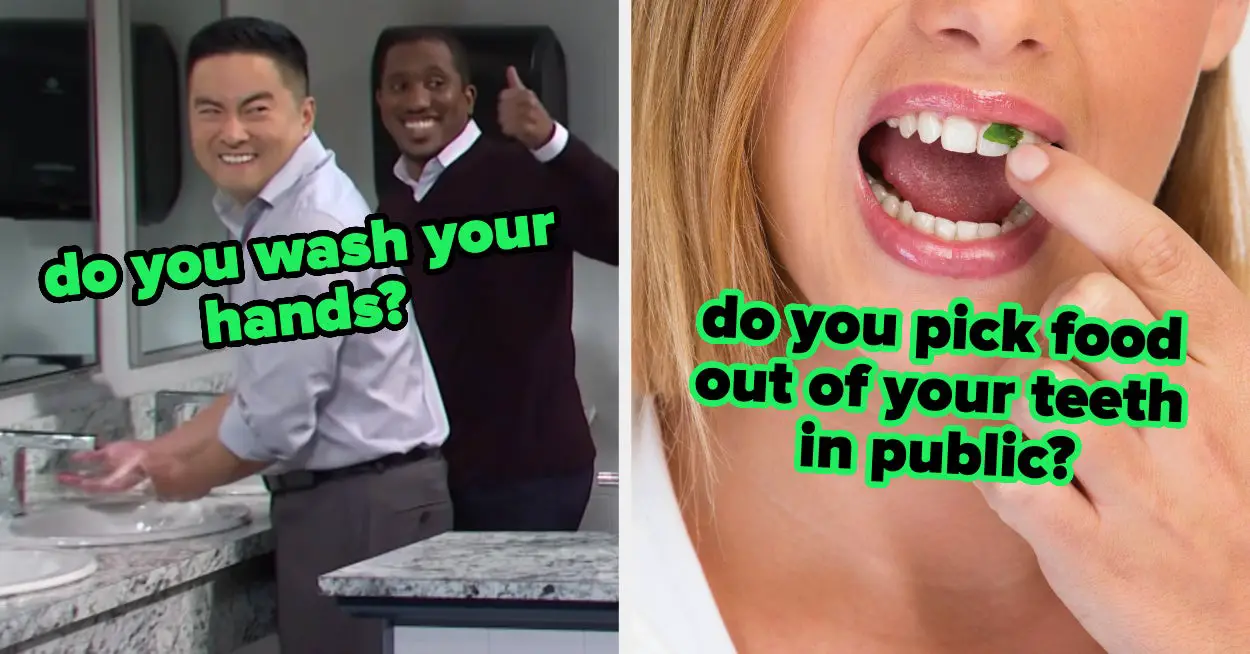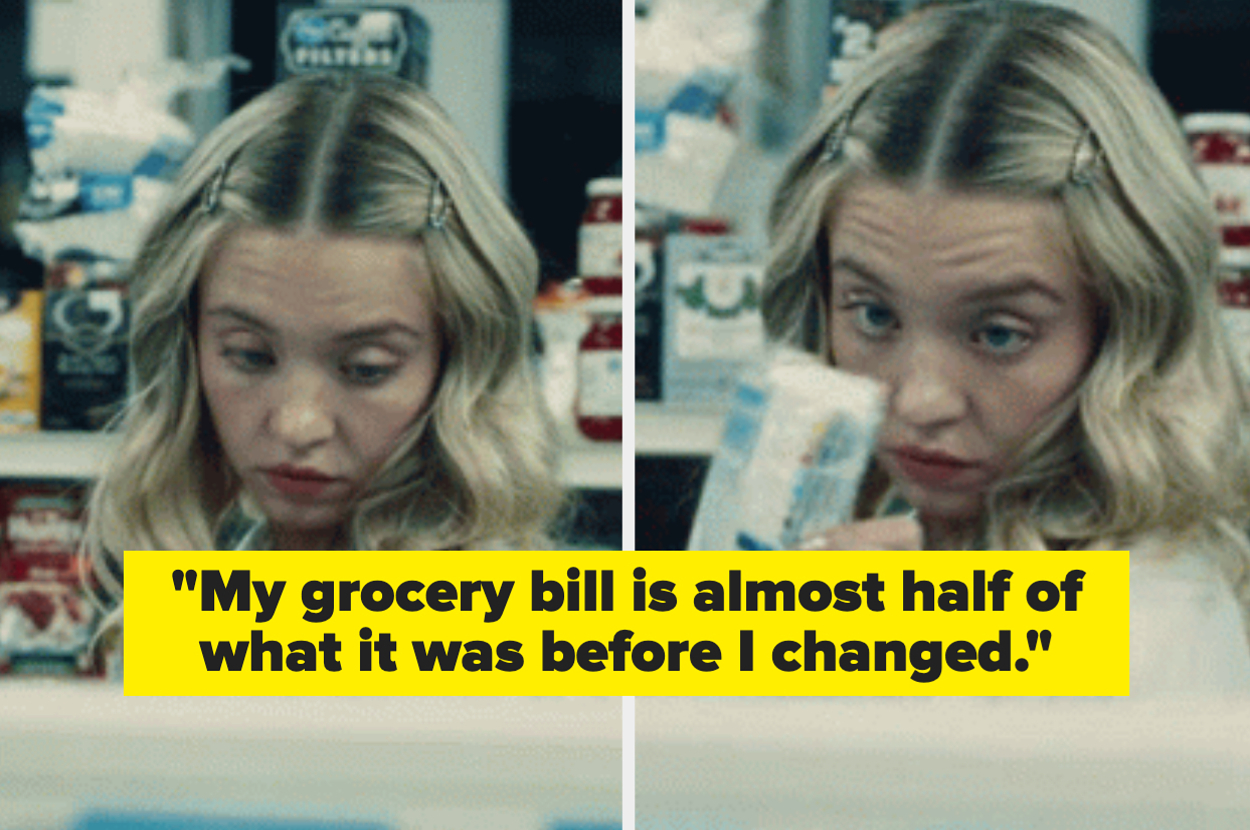from the you-may-need-to-pay-the-ftc dept
Over the last few months we’ve had a few articles highlighting the pretty serious questions raised regarding how much of DoNotPay’s (“the world’s first robot lawyer”) marketing is pure bullshit and nonsense. It’s not surprising that there might be a bit of puffery from a startup, but DoNotPay’s claims are so outlandish, and its CEO, Joshua Browder seems so allergic to just telling the truth, that it’s increasingly looking like DoNotPay is not just puffing up its claims, but more or less making them up wholesale, in a manner that is fraudulent to consumers who are paying it a monthly subscription fee of up to $18.
Browder, for his part, refuses to serious address any of these allegations, continuing to double down on his “I’m a martyr schtick” in which he pretends that the concerns and complaints raised are simply from bad lawyers and paralegals who are worried about AI taking their jobs. Nothing can be further from the truth. As we discussed with investigator and paralegal, Kathryn Tewson, we both believe strongly in the potential for legal technologies (including AI) to have a tremendous, potentially transformational, ability to improve everyday access to justice for people who can’t currently afford lawyers. But, if DoNotPay is simply scamming people out of $18/month, making promises it can’t deliver, changing its terms of service to avoid transparency and scrutiny, failing to shut down accounts after promising to do so, and other such things, it raises questions not about “taking away lawyer jobs,” but about defrauding the public.
Even the fact that Browder not only lied about making a charitable donation (which he’d already misrepresented as being more generous than it was), but then forged the date on the eventual receipt to mislead people into thinking he had made the donation, raises serious questions about the ethics and honesty of the company’s CEO.
This week, Browder continued his “woe is me, the persecuted entrepreneur, with big bad lawyers out to get me,” by appearing on the a16z podcast.
He continues to just make shit up in that podcast, but given that a16z was the lead investor in DoNotPay’s seed round, and appears to have continued pumping more money into it, I guess it’s not much of a surprise that the host fails to actually push back or challenge Browder on any of this. I’m actually a fan of the podcast, and think the host often asks pretty thoughtful questions in other episodes. But not here. From the very top, she trots out the bullshit marketing line that DoNotPay lets you “sue anyone at the press of a button.”
Remember, Browder insisted that after Kathryn Tewson exposed his “AI lawyer” stuff was bullshit, that the company would remove claims about using the lawyer to go to court and file lawsuits? Of course, those claims are still on the website, and the podcast host repeated them. While she does bring up Tewson’s claims, she doesn’t do so in detail, and lets Browder trot out his well-practiced, but wholly misleading, lines about how the complaints are actually from lawyers who are worried about their jobs.
Of course, in the very same breath, he insists (as he’s done a bunch of times) that “lawyers won’t get out of bed” for the kinds of services DoNotPay claims to provide (whether or not they actually do provide those services remains a pretty open question).
Either way, last week, the FTC put out a very interesting notice to companies to “keep your AI claims in check.” While it’s likely that the notice is directed at many of the new AI companies appearing every other day or so, it reads almost as if it’s addressed directly to Josh Browder and his bullshit claims.
It calls out specific things, all of which seem likely to implicate DoNotPay and Browder’s overly zealous marketing (i.e., bullshit):
When you talk about AI in your advertising, the FTC may be wondering, among other things:
Are you exaggerating what your AI product can do? Or even claiming it can do something beyond the current capability of any AI or automated technology? For example, we’re not yet living in the realm of science fiction, where computers can generally make trustworthy predictions of human behavior. Your performance claims would be deceptive if they lack scientific support or if they apply only to certain types of users or under certain conditions.
Are you promising that your AI product does something better than a non-AI product? It’s not uncommon for advertisers to say that some new-fangled technology makes their product better – perhaps to justify a higher price or influence labor decisions. You need adequate proof for that kind of comparative claim, too, and if such proof is impossible to get, then don’t make the claim.
Are you aware of the risks? You need to know about the reasonably foreseeable risks and impact of your AI product before putting it on the market. If something goes wrong – maybe it fails or yields biased results – you can’t just blame a third-party developer of the technology. And you can’t say you’re not responsible because that technology is a “black box” you can’t understand or didn’t know how to test.
Does the product actually use AI at all? If you think you can get away with baseless claims that your product is AI-enabled, think again. In an investigation, FTC technologists and others can look under the hood and analyze other materials to see if what’s inside matches up with your claims. Before labeling your product as AI-powered, note also that merely using an AI tool in the development process is not the same as a product having AI in it.
If the FTC comes knocking on Browder’s door, he’d do well to (1) hire a real lawyer, not his pretend AI lawyer, and (2) start being honest about what his company can actually do. But, I fear that instead he’ll just go on yet another rant claiming that the FTC is just trying to “protect” the “lawyer’s guild” that he claims is out to get him. Browder is good at marketing stunts, and he seems to now be turning the fact that everyone’s calling out his claims as fraudulent into a marketing tool (“oh, woe is me, the persecuted entrepreneur,”) but the FTC isn’t going to like that very much.
And, honestly, even as his lead investor may have incentives to fluff up one of their startups with uncritical marketing nonsense, a16z should realize that if the FTC is going to come down on one of their companies, encouraging them to further misrepresent themselves is not a very good look.
Filed Under: ai, ftc, joshua browder, lies, marketing, puffery
Companies: a16z, donotpay
Source link












Leave a Reply